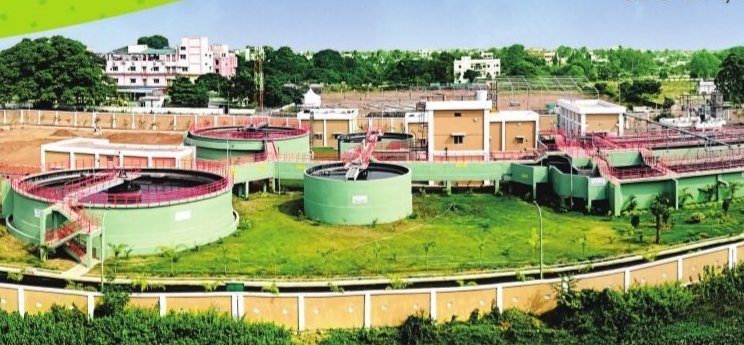Bhanjanagar: Work on the solid and liquid waste treatment plants to be set up in all 12 panchayats under this block in Ganjam district is progressing at a snail’s pace. It has deprived the locals of the benefits of a clean and hygienic environment. Sources said that the project is moving at a slow pace because of several reasons including poor management. Also land for some of the plants has not been identified as yet.
Officials of the block administration however, are determined to put things in place. They have set a target of completing the construction of these plants within 100 days. In this regard, a meeting was convened Tuesday where block development officer Anil Kumar Sethi, who presided over the meeting, discussed how the project will succeed.
As per discussions, self-help groups (SHGs) will manage the plants in the panchayats. This will not only benefit SHGs but help improve rural sanitation. There will be dustbins for the people. Instead of throwing household garbage anywhere, now those will be placed in predestined spot. The dustbins will be provided by the panchayats.
Among others, the meeting was attended by block assistant executive officer Ghanashyam Dakua and engineer of the Rural Piped Water Supply department Aswini Kumar Malla.
But the reality is that people of the identified panchayats are yet to get the dustbins. On the other hand, the battery-operated vans provided to the panchayats to collect wasta material are lying unused. While the work on the mini-treatment plant at Kulad is in its last stage, the same at Badakodanda has been left half-constructed.
The panchayats that will get the treatment plants in the first phase are Kulad, Badakodanda, Lalsingh, Mujagarh and Gallery. In the second phase, Golapeda, Dihapadhal, Baunsalundi, Dadaralunda, Lembehi, Turum and Baibali panchayats will benefit from such plants.
Malla when contacted said work on the plants has not been completed because of several reasons. “However, the project will complete by March 31, 2022,” he assured.






































